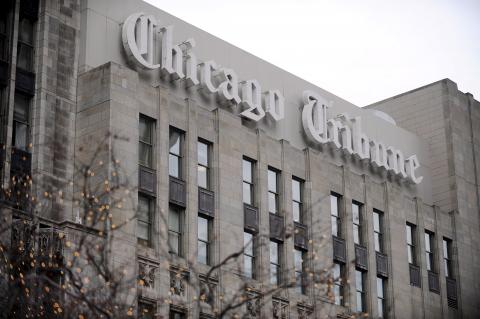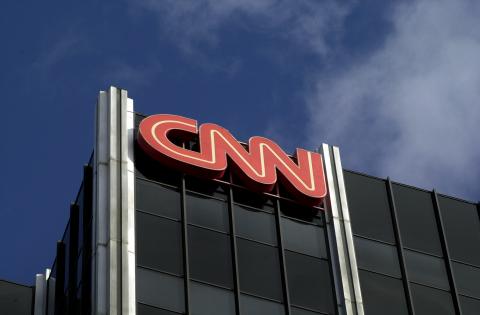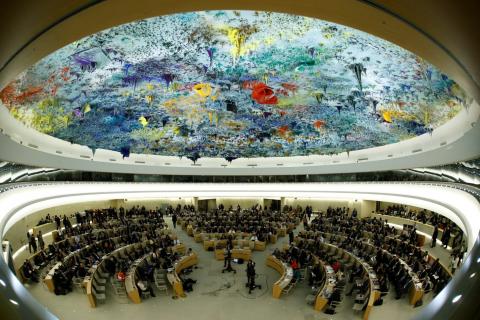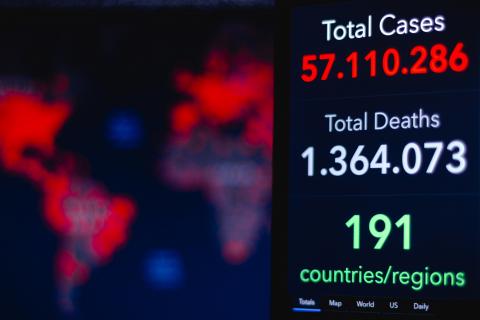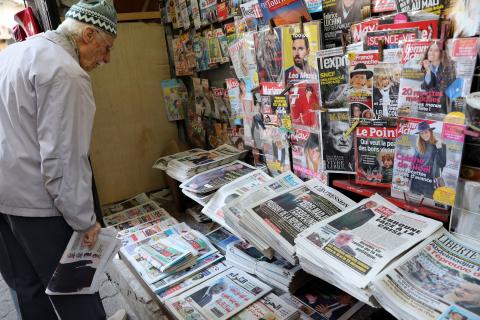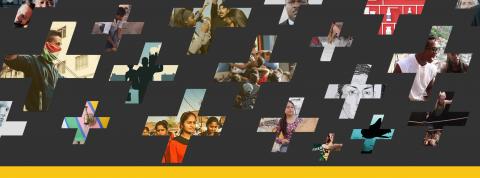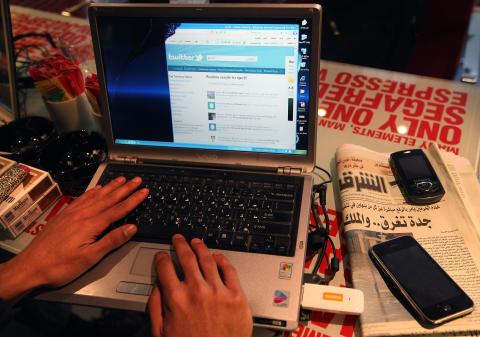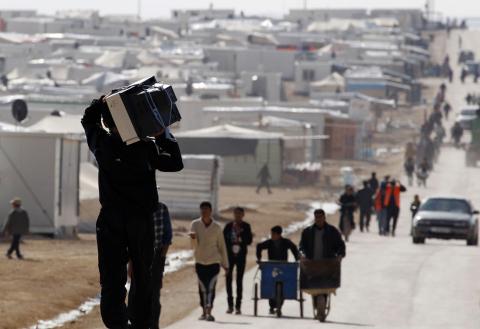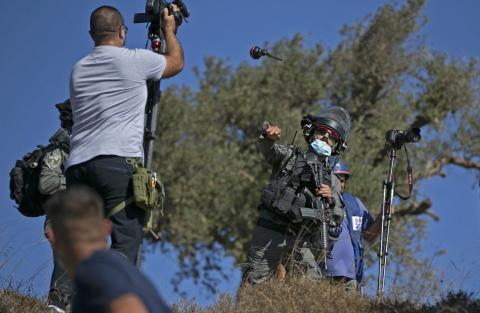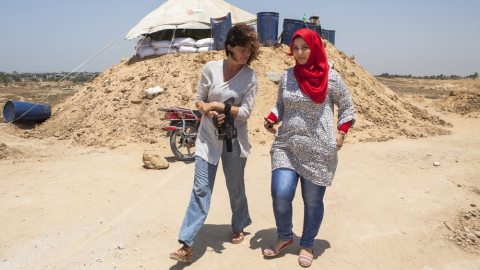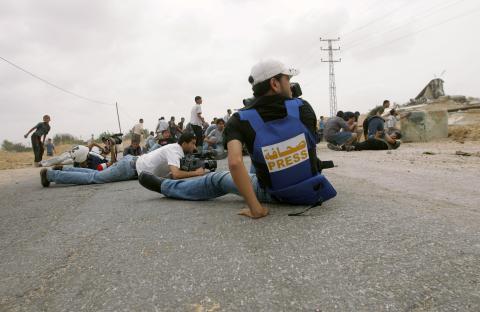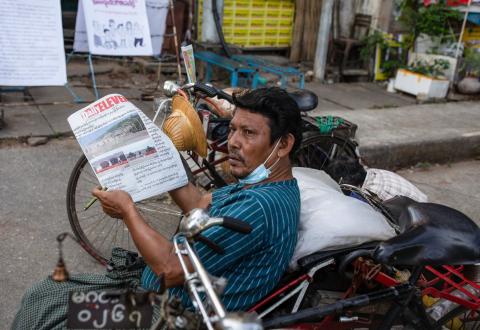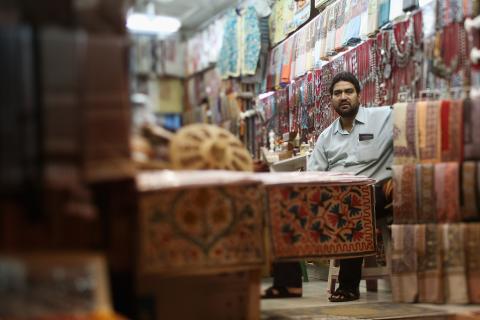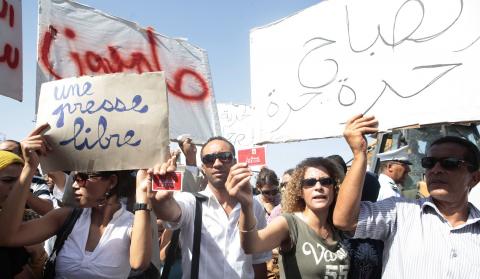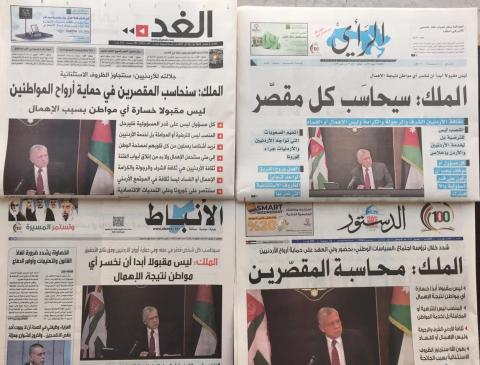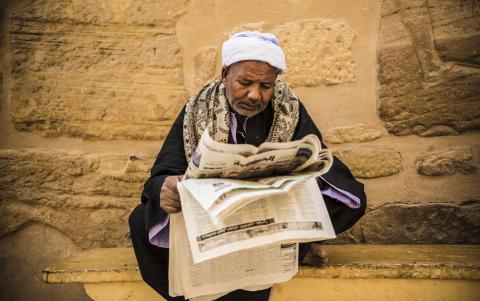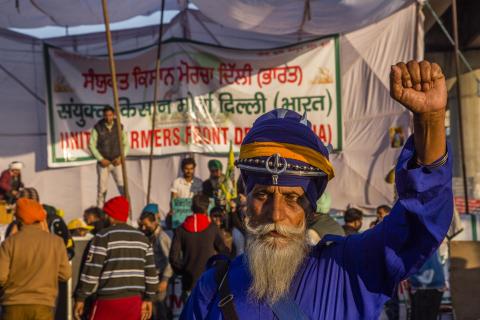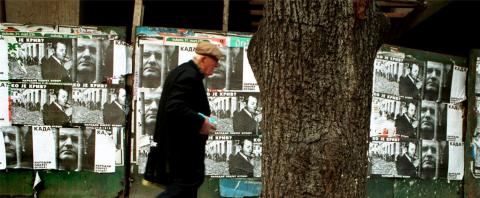Al Jazeera Journalism Review
American Journalism… An attempt to place it in context
The media has started to mirror the severe cultural and ideological division in American society, and with the transition to the next American presidential administration, it is imperative that the Arab journalist understands how media platforms can address critical societal issues.

Bias towards ideology at the expense of truth... Look for the reasons
Donald Trump’s election as US President in 2016 may have represented a key shift in the issue of ‘fake news’.

Protection of Journalists under Human Rights and International Humanitarian Law Global perspective and Arab world realities
Protecting journalists in times of peace and war is crucial. Understanding the legal framework and rights is essential for their safety.

COVID-19: A lesson of data journalism significance for Arab world
The coronavirus pandemic has not only accelerated the growth of digital transformation, but it has also brought profound transformations in the journalism field, especially awareness over the importance of data journalism. The role of data journalists in interpreting and mediating between public and scholars has posed the old and new question: Was the Arab journalism up to this challenge?
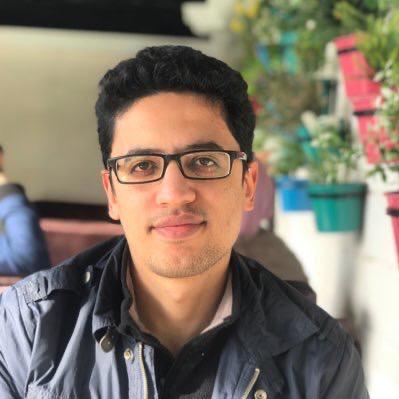
The West forms a new Arab “Imaginary”
Years ago, the Moroccan thinker Hassan Aourid published his book titled "The Refracted Mirror of the West". Among its major topics was his seeking for media intervention to shape a new public opinion. The article brought a detailed explanation of compatibility of media visions between the West and the Arab regimes' orientations after September 11, 2001 events.
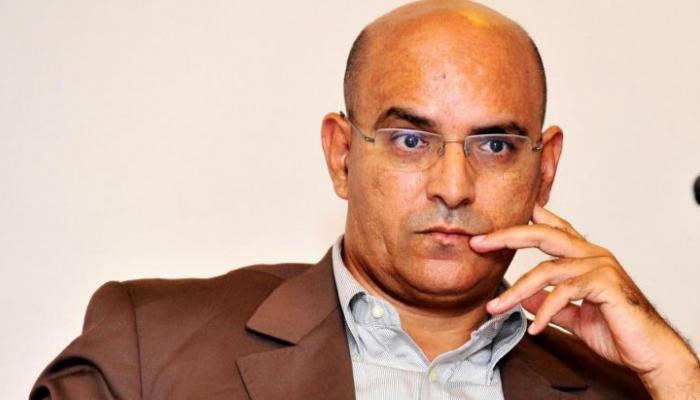
War Stories on Social Media: Audience Engagement and Ethical Hiring Practices
How AJ+ leverages social media to engage audiences with raw, unsensitized news while prioritizing ethical hiring practices for freelancers in conflict zones.

Antixenophobic media: An impossible goal?
Current media coverage in Jordan and Lebanon tend to demonize refugees and migrants. How can newsrooms prevent this sort of generalization and demonization?
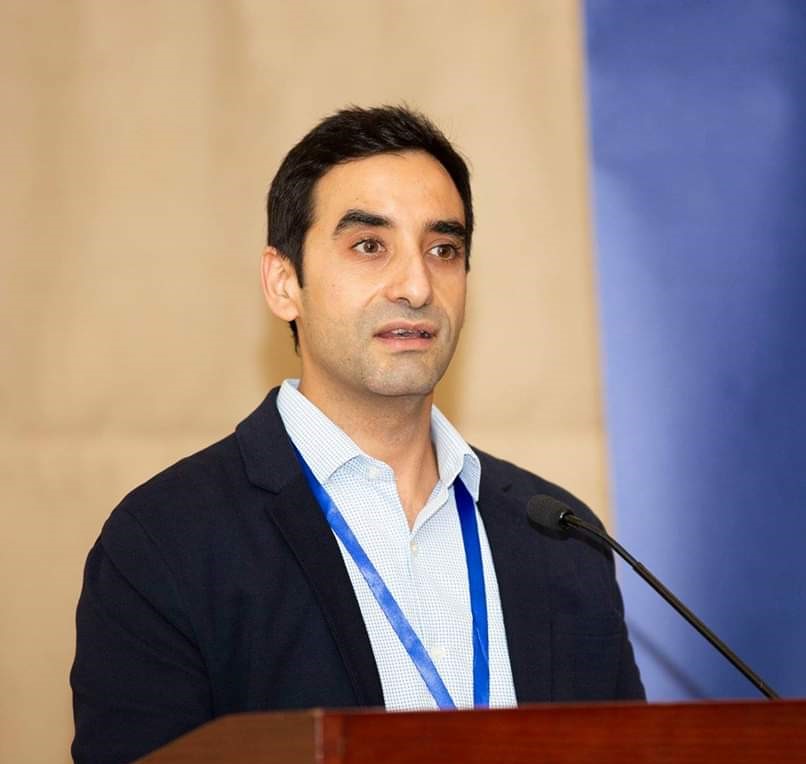
The Palestinian struggle to be seen in the media
Does the global media treat Palestinian lives as inherently less valuable?
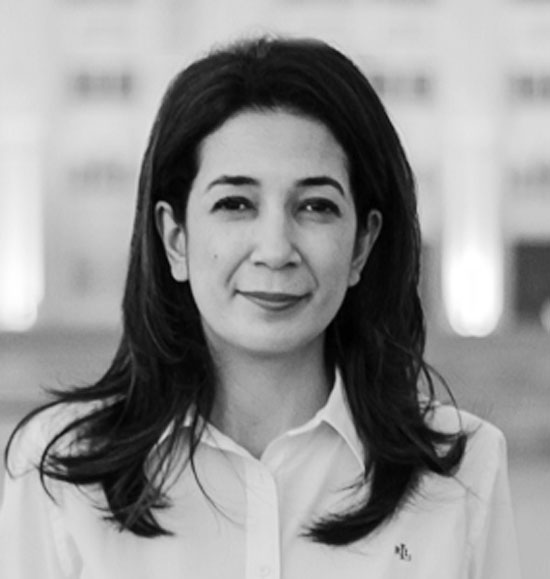
Overcoming Barriers and Hazards: A Woman’s Experience Reporting in Gaza
The first female fixer and journalist in Gaza shares her experiences of reporting in the besieged Palestinian enclave.

In coverage of Palestine, biases and irresponsible journalism emerge
In the coverage of events in Jerusalem and Gaza, mainstream media outlets are failing to report on the situation fairly.

Journalism and sociology; uneasy bedfellows
Journalism and sociology cannot be at odds since they are based on the same principle, and they use the same tools to construct social analyses. Still, the two disciplines do not see eye to eye. The sociologist sees the journalist as superficial, while the journalist sees the sociologist as cloistered in an ivory tower.

Should foreign laborers in Oman have their own media outlets?
Asian migrant workers in Oman face a host of challenge in adjusting to their host country. Could media outlets in their native languages ameliorate those challenges?

Slow versus instant journalism: Is digital media the answer?
Digital media might be the answer to a question gripping the journalism industry: Slow or instant journalism?
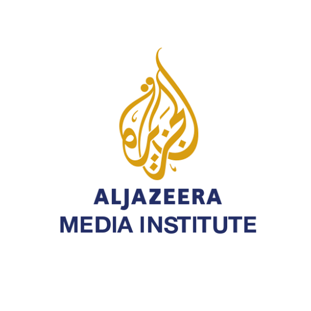
The internet "kill switch" in the Arab World
Government-imposed internet blackouts in the Middle East have profound effects on the media and civil freedoms across the region.

Media monotone in the Arab World pushes citizens to disinformation
State control over media can lead to public distrust in state institutions and a particular vulnerability to disinformation.
Arab Investigative Journalism: Good Intentions Are Not Enough
What should young journalists in the Middle East know about investigative journalism before they jump into the field? Veteran reporter Yasser al-Zayyat clarifies misconceptions and gives advice in his latest piece.
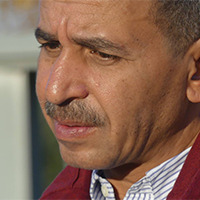
Twitter’s Tweet Deletion Policy: Double Standards?
How do Twitter and other social networks regulate content on their websites? In this article, Majd Yousef describes how not all "banned" content is created equal.
Glenn Greenwald explores how journalism can stop authoritarianism in Bolsonaro's Brazil
How can journalism stem the tide of rising authoritarianism? In his latest book, Glenn Greenwald tackles the thorny subject, drawing on his experiences investigating corruption in the Bolsonaro government in Brazil.

Indian farmers launch activist media outlets as narrative wars continue
In the midst of the narrative wars between Indian farmers and the Indian government, farmers have created media outlets and centers to combat what they see as unfavorable media coverage.
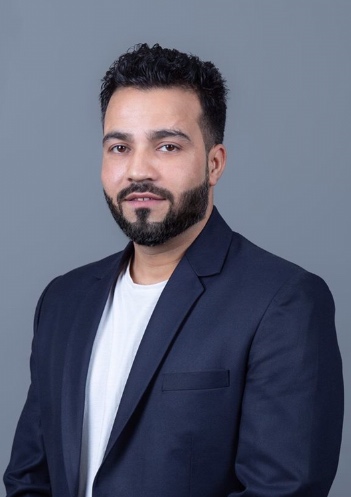
Beyond objectivity: The rise of reformist news
The core mission of the news industry is telling viewers the day's events. But another core mission of journalism is to make the world a better place, which means going beyond the facts to change what’s wrong and defend what’s right. Those two missions are in conflict today.

